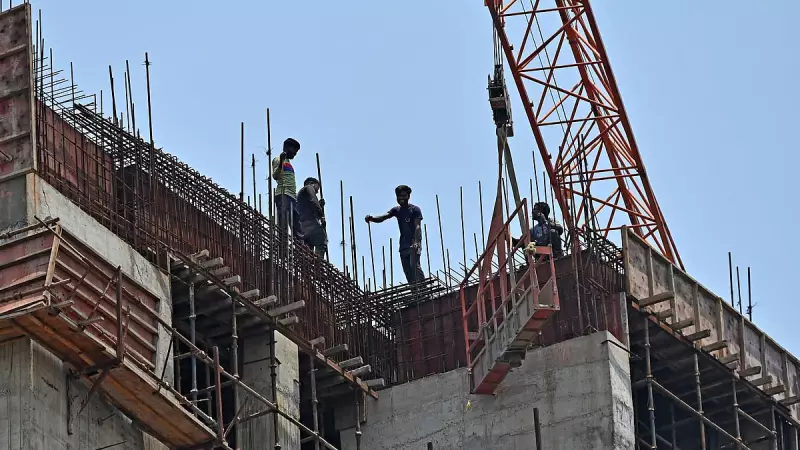
In a significant move that brings relief to countless property owners across Karnataka, the state government has announced a major revision in penalty structures for building plan violations. The new framework promises to be more balanced and pragmatic while ensuring urban development regulations remain effective.
What's Changing in Karnataka's Building Penalty System?
The revised penalty structure introduces a more graduated approach to dealing with construction violations. Rather than imposing harsh, one-size-fits-all penalties, the new system considers the nature and extent of deviations from approved building plans.
Key Features of the Revised Penalty Structure
- Tiered Penalty System: Different violation categories now have specific penalty percentages
- Reduced Financial Burden: Significant reduction in penalty amounts compared to previous rates
- Streamlined Process: Simplified procedures for regularization of minor violations
- Transparent Framework: Clear guidelines on what constitutes different violation levels
Impact on Property Owners and Developers
This policy shift is expected to benefit both individual homeowners and commercial developers who have been grappling with the previous stringent penalty regime. The revised approach acknowledges the practical challenges faced during construction while maintaining the importance of adhering to approved plans.
"The new penalty structure strikes a balance between enforcement and practicality," explains an urban development expert. "It recognizes that minor deviations sometimes occur during construction while ensuring serious violations are still addressed appropriately."
Broader Implications for Urban Development
This policy revision comes at a crucial time when Karnataka, particularly Bengaluru, is experiencing rapid urban expansion. The move is expected to:
- Reduce litigation between property owners and regulatory authorities
- Encourage more property owners to come forward for regularization
- Generate sustainable revenue for urban local bodies
- Promote better compliance with building regulations
The implementation of these revised penalties will be closely monitored by urban planning experts and real estate industry stakeholders across India, as it could set a precedent for other states facing similar challenges in urban governance and development regulation.





